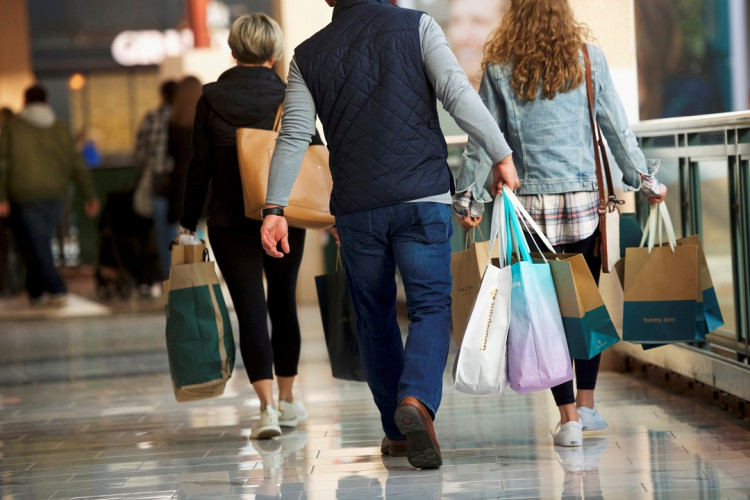Despite a strong economy, over a third of Americans have limited their spending over the past year while over half continue to save because the good times won't last and an economic recession might be just around the corner.
Surprisingly, the "Invest in You Spending Survey," which polled a diverse group of 2,800 Americans from around the country about their money habits, found that 54 percent of respondents consider themselves savers.
Savings rates were highest among seniors in or nearing retirement, with 63 percent describing themselves as savers. Just 28 percent called themselves spenders, which in itself seems reasonable.
The survey showed spending versus savings habits were fairly equal across all age groups until the 35- to 44-year-old group, which showed higher levels of spending. Savings rates start to spike for those 45 years old and older.
The poll also showed losing one's job was the main reason Americans decided to cut personal spending. Apart from job loss, new debt, the fear of recession and large medical bills from an illness or injury were the main reasons American decided to spend less.
Fear of a forthcoming recession, which many analysts say will be likely by 2020, is also fueling anxiety amid signs of an economic slowdown fueled by Trump's trade war.
The rising number of Americans filing applications for unemployment benefits rose more than expected last week and is being taken as an indicator of an upcoming recession.
"There is some wisdom in the insights of people on the ground," said former FDIC chair Sheila Bair. "In their own spending and saving and work experiences day to day, people can sometimes pick up on (subtle) cues that may not be readily apparent in aggregate data."
Job losses are more devastating for African-Americans than any other ethnic group, according to the survey.
The poll revealed that 43 percent of African-American respondents are far likelier to say they'd cut spending. One explanation might be unemployment: The survey found that twice as many black respondents as whites pointed to "loss of job" as the reason they were spending less (26 percent vs 13 percent).
Most people say jobs and the economy are the most important issues, said Laura Wronski, chief researcher at SurveyMonkey in San Mateo, California.
"This ranks high for everyone, and much more so for blacks," said Wronski. It's especially critical to African-Americans.
"Jobs and the economy is the No. 1 issue for blacks by a wider margin," she said.
The survey's results seem to jibe with data showing U.S. consumer spending in the first quarter was even weaker than previously reported. Consumer spending, the biggest part of the U.S. economy, grew at 0.9 percent in Q1, the slowest in a year, said the U.S. Department of Commerce.






